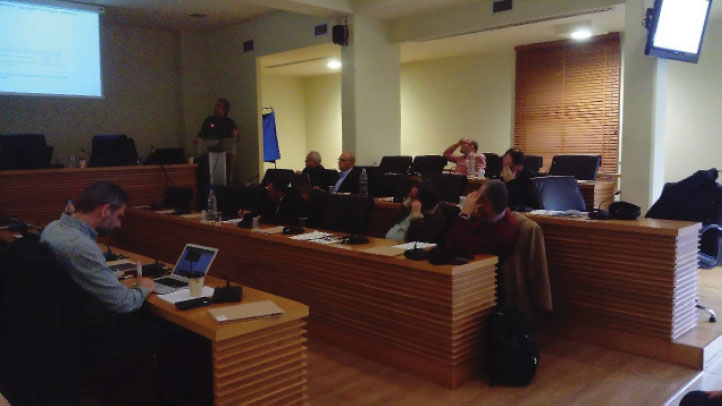Source: www.worldbank.org
Managing Coal Mine Closure: Achieving a Just Transition for All outlines the lessons learned from countries’ experiences closing coal mines and key steps governments can take to minimize social conflict and economic distress associated with the closures.
Achieving a “Just Transition for All” is possible through early engagement and dialogue with stakeholders and strong social assistance programs. Governments play a leading role in the process, bearing the cost of physical closure of mines and labor transition programs, even when coal mines are privately owned, according to the report.
The report also outlines specific measures that can be undertaken to facilitate the transition:
A range of government agencies must work together to manage the social and labor impacts from coal mine closures, while a specific mine closure agency is best equipped to handle the physical closure of mines.
While many coal-mining areas are unable to create new job opportunities, governments can implement labor mobility schemes, enabling coal miners and their families move to areas with strong economies and new job prospects.
“Our focus is on the human dimension and helping countries accelerate the energy transition. A Just Transition for All means people’s livelihoods and communities need to be protected and that requires a carefully managed,
Riccardo PulitiSenior Director, Energy and Extractives at the World Bank
Because the global coal mine industry has shifted from West to East, the report shows that future coal mine closures and associated job losses will be concentrated in Asia. It is anticipated the top three global coal producers, China, India, and Indonesia will be affected the most by any closures.
Actions taken by governments to move away from coal are timelier now more than ever, given the global push to mitigate the effects of climate change. It is also essential to accelerate the energy transition required to achieve Sustainable Development Goal 7 (SDG7): access to affordable, reliable, sustainable and modern energy for all.
The “Just Transition for All” concept introduced by the International Trade Union Confederation is about bringing together workers, communities, employers, and government in dialogue to drive plans, policies, and investments needed for a fast and fair transformation.



